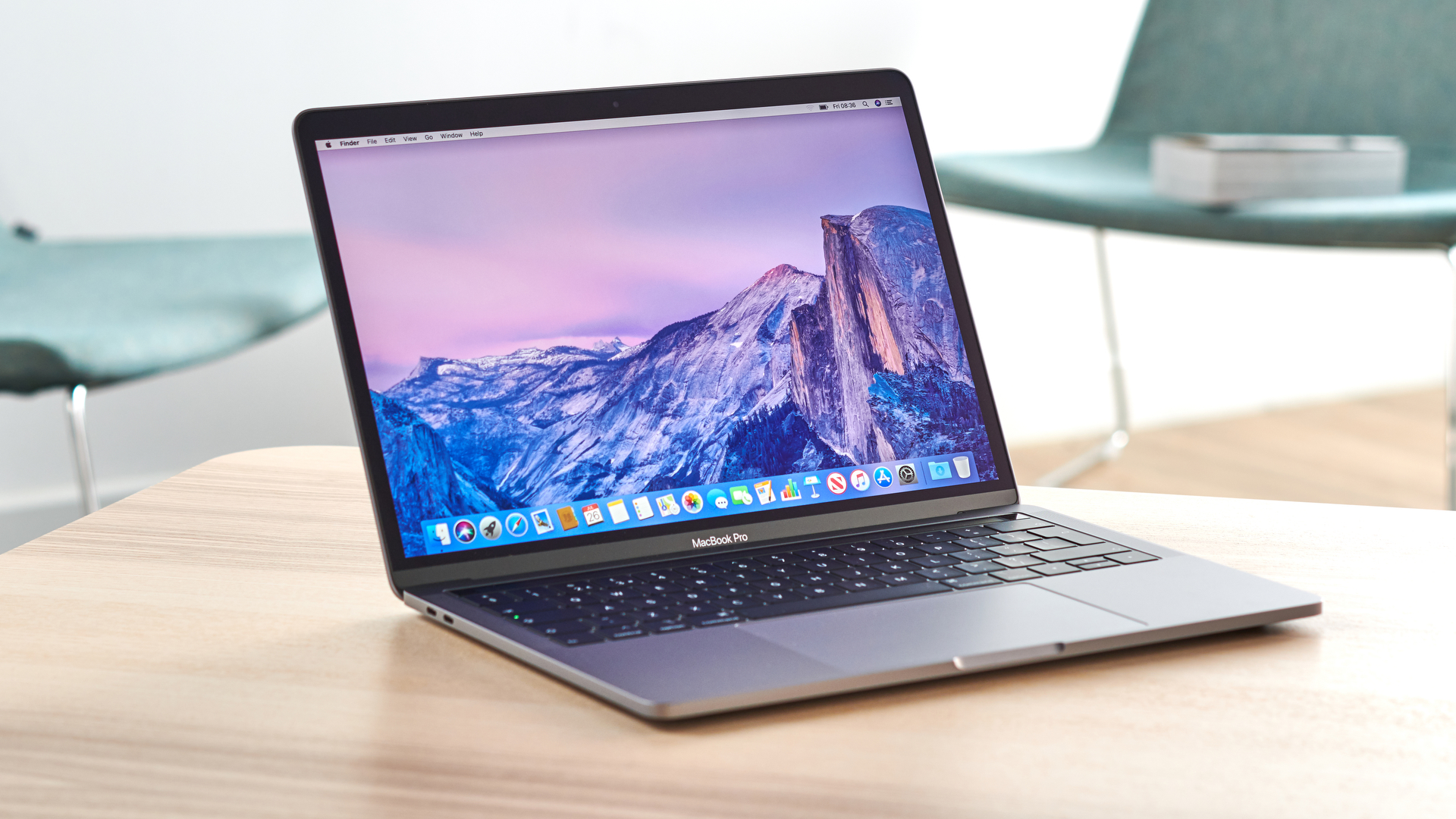As part of its 10th birthday celebrations, the National Museum of Computing at Bletchley Park in the UK set 8 computing machines spanning eighty years against each other in a race to discover numbers in a mathematical collection. An old WITCH device and a contemporary iPhone had been the various competitors of the Grand Digital pc race. However, the clean winner becomes a BBC micro: the bit with a 9 yr-old coder as its “jockey.”
The Fibonacci collection turned into delivered to western Europe through Leonardo of Pisa in 1202. There have been seven computers and one calculator within the race, along with an Apple II and a Windows computer, every tasked with finding as many numbers inside the Fibonacci sequence as feasible within a fifteen 2nd time-frame. Every range is discovered by including the 2 numbers previous it, beginning at zero or 1 – zero, 1, 1, 2, 3, five, eight, thirteen, and so on.
““This is the primary time that machines from so many decades of computing have raced collectively,” stated the museum’s Kevin Murrell. “We don’t assume such an event should take place everywhere else in the global!” The prevailing tool controlled to locate 6,843 numbers by the buzzer sounded, a BBC micro: bit laptop running on code written through nine-year-vintage Connie from Christ the Sower Ecumenical Primary School in Milton Keynes. To supply her success some context, an iPhone 6s only managed to locate four numbers, even though it did employ Siri voice instructions. Even so, it best found one greater than the slowest inside the discipline, a 1951 Harwell Dekatron/WITCH laptop.
As for the relaxation of the competitors within the race held at Bletchley Park’s Block H, seven numbers had been located the usage of a Nineteen Forties Facit calculator, sixteen through a 1965 PDP-8, a 1977 Apple II system controlled to list 38 Fibonacci numbers, another BBC laptop – a Micro from 1981 – determined 70 and a Windows 98 PC from 1998 nabbed the second location with a scoop of 1,477 numbers. The National Museum of Computing does point out that the older racers did not sincerely manage to make the most of the total 15 seconds allocated. The trouble wasn’t a loss of processing energy but alternatively inadequate reminiscence to shop massive numbers.

“I suspect this becomes the first of many Grand Digitals as we’ve got many different unique working computers, skilfully restored with the aid of our Museum volunteers, that would enter the race to demonstrate the improvement of computing,” Murrell teased. A study commissioned by way of the Joseph Rowntree Foundation discovered that actively looking for younger humans within the modern-day economy is “a task in itself.”
In monetary weather defined as “one of the toughest labor market eventualities for younger people in current many years,” researchers found that younger human beings were blighted by way of low demand, high competition, and a new speed of digital recruitment that actions quicker than ever before. Professor Becky Tunstall and Professor Anne Green of the Social Exclusion Unit on the LSE led researchers to recreate the activity looking for studies normally encountered with the aid of young humans looking for low-skilled access positions within the UK.
Fictional personas of applicants aged 22 to 24 had been created for 667 actual jobs in 3 exceptional geographical locations with various ratesunemployment rates. Three programs were dispatched to each of the 667 decided on jobs; each batch has been allocated the postcodes of deprived areas for testing for evidence of postcode discrimination. Over 2,000 applications were sent to several jobs adverts for finance assistants, safety guards, cleaners, care, people, motel people, workplace assistants, and kitchen porters.
Despite the widely held belief in postcode discrimination, statistically, there has been no proof of applicants being rejected as a result of wherein they lived. In 192 instances, the employer confirmed a preference for one in all extra applicants from the batch of three despatched. Young humans with top qualifications and appropriate work experience had been proven to be shortlisted for interviews, regardless of their postcode. The research highlighted the difficulties that younger people faced in the cutting-edge task marketplace. As with any economic system in a recession, lower demand for labor and a competitive economic system creates a hassle for those looking to enter the workforce – young human beings are always more at risk of unemployment and underemployment.
In this new digital age, a faster-paced recruitment manner has developed, and younger human beings seemed unaware of the speed required to reply to a job posting – someone’s achievement turned almost dependent on their capability to reply to advertisements as soon as they were posted. Fast shifting and predominantly online, the idea of a closing date turned defunct as nearly 30% of jobs marketed on the internet had been taken down after per week of being posted. Employers eliminated activity advertisements as quickly as enough programs had been received. Vacancies had been visible to shut to applicants within days and in some cases within hours of being published online.
Access to the net becomes key to success. Young folks that had no net get entry to at home or handiest sporadic net get entry to was at an extreme downside and in step with the researchers had “low or zeroed danger of achievement” if they did not respond to a task quickly because it became seen. Young people were located to be reacting to the challenge of locating employment with volunteering, turning to friendship networks to discover work and enhance their qualifications.
Co-author Anne Green, now Professorial Fellow at Warwick Institute for Employment Research, brought: “This research presents proof that employers are not discriminating in keeping with postcode and affords useful recommendation for younger process seekers to make certain their qualifications and CVs are suitable, and to apply for jobs as soon as they’re advertised.”













